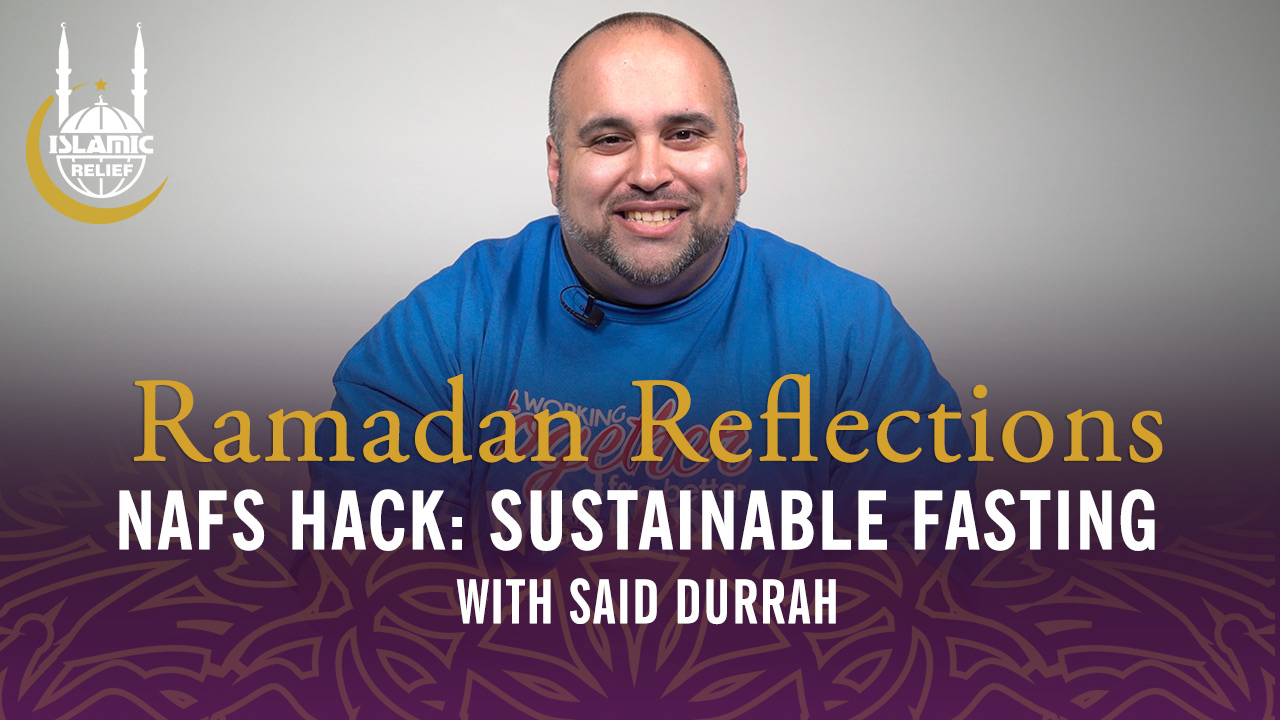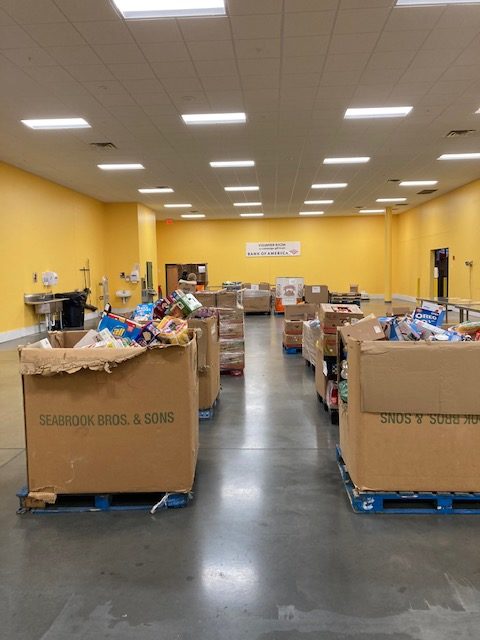
Banking on Food Security
Islamic Relief USA, Food Bank of Delaware Remain Committed to Reducing Food Insecurity During Pandemic
By: Syed Hassan
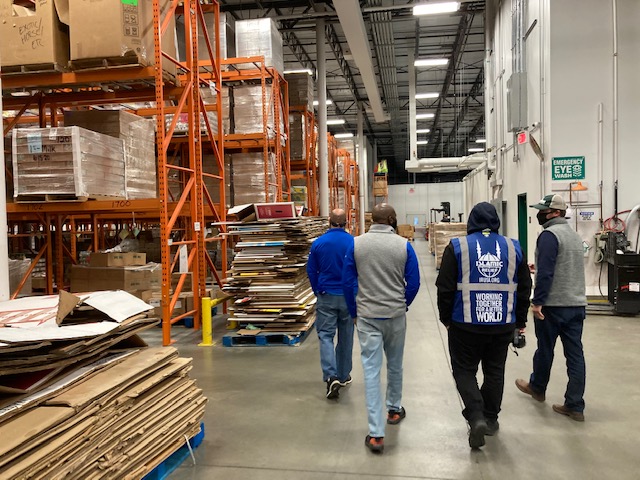
Powerful Partnerships
Our friends at the Food Bank of Delaware have been very busy lately. Unfortunately, that’s largely due to the suffering so many people are experiencing, as the coronavirus pandemic (which this month marks one year) has caused food insecurity to rise dramatically.
In normal times, it was a struggle enough to get food for many poor and working-class residents. Some of them reside in food deserts, lacking full-fledged grocery stores. Whatever stores that do exist are likely convenience marts with processed or ready-to-eat foods that are hardly nutritious.
The solution to the problem; bring the food to the neighborhood. Islamic Relief USA and the food bank participated in one of eight mobile, pop-up food distribution centers in the Southbridge section of Wilmington, Del. The pop-up facility, among others, is made possible by a $10,000 check IRUSA awarded to the facility.
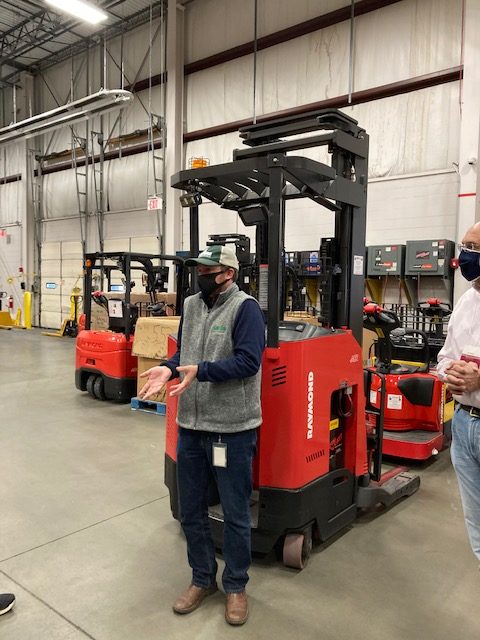
Big Wins Mean Better Support
The grant enables the set-up of eight mobile food pantries over 12 months. In total, some 800 households will receive a total of 80,000 pounds of food assistance.
Larry Haas, chief development officer of the food bank, said the grant helps provide a service that’s especially needed during this difficult time. Some other community organizations the facility had worked with were struggling themselves and couldn’t help this year.
The food bank had to modify its operations slightly. Haas said the organization took an all-hands approach, with the organization’s direct community service employees, who deal with things like helping people complete food stamp applications, employment training, and financial counseling were moved to the proverbial frontlines, working in the warehouse to help distribute thousands of pounds of food.
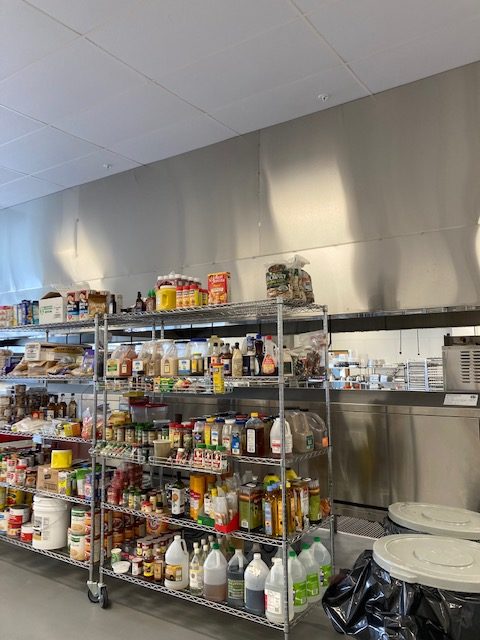
Rolling with The Changes
Compared to a year ago, the amount of food distributed has more than doubled. Between July 2019 to June 2020, the food bank’s last full fiscal year, it distributed 8.5 million pounds of food. During the actual 12 months of the pandemic (March 2020 to March 2021), it is on track to distribute 20 million pounds.
While the need for food grows, some of the facility’s other offerings, such as culinary and warehouse worker training, were scaled back in order to comply with public health best practices, such as social distancing. The facility adapted well, offering hybrid learning. As a result, they will still graduate a similar number of warehouse workers as in prior years (36), as the warehouse distribution sector remains robust, if not essential.
Dreams Come True
The number of culinary graduates is expected to be between 24 to 30, down from 36 to 45 last year. The lower number is unsurprising, considering that the restaurant industry was among the hardest hit during the public health crisis.
The recent news about an uptick in vaccinations and a lower number of coronavirus cases is encouraging, and the hope is that will eventually lead to people weaning off social assistance programs.
But like most economic recoveries, it could take some time. Until then, we must continue to work together and support each other. The Food Bank of Delaware is one partner we can proudly call our friend.
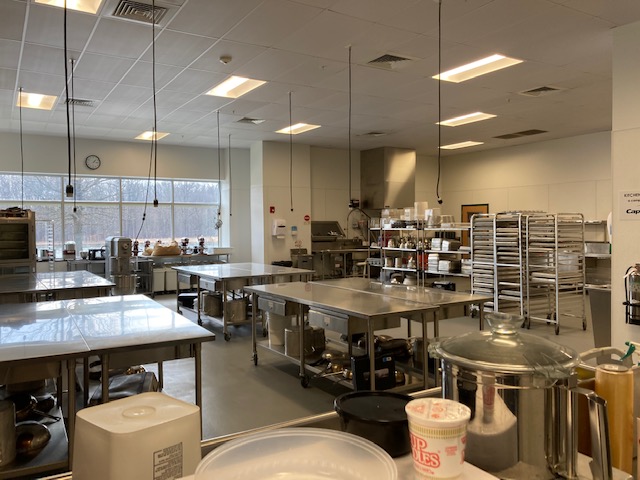
—


